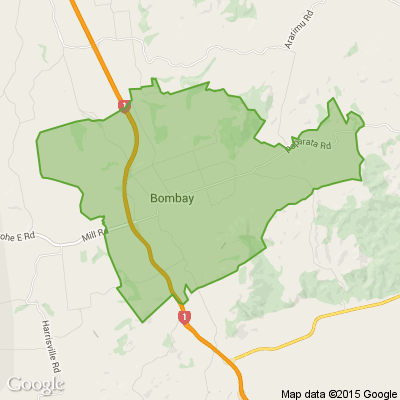Root canal symptoms: do you think you need a root canal?
Extreme pain or discomfort in your teeth could indicate rotting teeth. But pain is not the only signal that you may require root canal treatment.
Root canal, also known as endodontic treatment, can be life-changing. It saves teeth damaged by decay, disease or injury from being extracted.
So, how do you know if you need a root canal? Are there telltale signs? Read below. Remember, best to leave it to a dentist to make a call on the best course of treatment for your discomfort.
Sensitivity to heat and cold
If it hurts when you sip a coffee or have ice cream, your teeth are sensitive. Generally, you’ll feel a dull ache. Sometimes the pain can also be sharp. However, if the pain persists for a long time, even after you’ve stopped eating or drinking, this could be a sign of a deeper issue than sensitive teeth. Visit your dentist and get a thorough examination done.
Discolouration of your tooth
An infection in the pulp of your tooth may affect blood supply and cause it to become discoloured. Trauma to the tooth or breakdown of internal tissue can damage the roots and give it a greyish-black appearance.
There can be other reasons for tooth discolouration; best to let your dentist decide the cause and treat appropriately.
Swelling in gums
Swelling or tenderness in your gums can sometimes be an indicator of a root canal. Its swelling comes in various forms and types. Whether it looks normal with some kind of tenderness or is an obvious lump that can be easily seen or felt, it often means that root canal surgery may be needed. If left unchecked, in some cases, the swelling can even expand to the patient’s face or neck.
Typically, a swelling that leads to a root canal is quite pronounced and lasts for days or weeks. It is most likely situated in front of the root tip and causes the problem tooth to feel taller than the neighbouring ones.
Loosening teeth
Infection can affect tooth mobility, making it feel looser. Acidic waste products from nerve death can soften the bone around the root of a dying tooth, causing mobility issues.
Crack or chip in teeth
Contact sports or eating hard food are the most common ways to get a cracked or chipped tooth. This could expose nerves and lead to infection, possibly even spreading if it enters the bloodstream. A root canal, if your dentist recommends, could prevent the infection from spreading.
Pain
One of the key indicators of infection in the teeth is pain. It may be persistent or may go away and return in some time. The toothache can be dull or even sharp. It may even spread around your jaw, face and to your head.
However, not every toothache is a signal that you need a root canal. It could even be gum disease or a cavity. Perhaps it is a referred pain from an infected sinus or an impacted wisdom tooth.
No matter what the cause, it’s a good idea to see your dentist if you have tooth pain, especially if the pain is persistent. Early diagnosis and treatment for tooth pain typically leads to a better outcome
Conclusion
An infection inside your tooth’s pulp and root can be painful. If you have a toothache, that is persistent, or see any of the above symptoms, see a dentist get the right diagnosis and treatment.
Early treatment of any infection can help curtail its spread and bring much-needed relief.
Poll: As a customer, what do you think about automation?
The Press investigates the growing reliance on your unpaid labour.
Automation (or the “unpaid shift”) is often described as efficient ... but it tends to benefit employers more than consumers.
We want to know: What do you think about automation?
Are you for, or against?

-
9.4% For. Self-service is less frustrating and convenient.
-
43.5% I want to be able to choose.
-
47.1% Against. I want to deal with people.
Your Smile, Our Priority
At Dyverse Dentures, Rattana, Ethan, and the team are dedicated to helping you smile with confidence again. We work with you to create a personalised treatment plan tailored to achieve the best possible results.
Our services include:
• Full dentures
• Partial dentures
• Denture relines & rebases
• Denture repairs
• Tooth additions
✔️ Free initial consultations
✔️ WINZ quotes available
✔️ Super Gold Card support
12C Waddon Place, Māngere
(09) 634-4543
Contact us today to take the first step toward a brighter, healthier smile.

Bloom Pukekohe Op Shop
CLOSED WAITANGI DAY 📜 FRIDAY 6th FEBRUARY!
Just a reminder that Friday 6th February is Waitangi Day and we will therefore be closed, as we join the rest of the country in marking the anniversary of the signing of Te Tiriti o Waitangi.
We shop will be open as usual on Saturday and Sunday 9:30am - 2:30pm.














 Loading…
Loading…











